A report published by Pew Research Center claimed that while the world's population is projected to grow 32% in the coming decades, the number of Muslims is expected to increase by 70% – from 1.8 billion in 2015 to nearly 3 billion in 2060. In 2015, Muslims made up 24.1% of the global population. Forty-five years later, they are expected to make up more than three-in-ten of the world's people (31.1%).
It has been analyzed that Muslims have more children than other major religious groups. Muslim women have an average of 2.9 children, significantly above the next-highest group (Christians at 2.6) and the average of all non-Muslims (2.2). In all major regions where there is a sizable Muslim population, Muslim fertility exceeds non-Muslim fertility. More than a third of Muslims are concentrated in Africa and the Middle East, regions that are projected to have the biggest population increases. But even within these high-growth regions – as well as others – Muslims are projected to grow faster than members of other groups.
Growth of Muslim population in India
India's number of Muslims is growing at a faster rate than the country's majority Hindu population and is projected to rise from 14.9% of India's 2015 population to 19.4% (or 333 million people) in 2060. Indian Muslims have a fertility rate of 2.36, the highest in the nation according to the year 2019-21 estimation. Muslims in India have a much higher total fertility rate (TFR) compared to that of other religious communities in the country. Because of higher birth rates, the percentage of Muslims in India has risen from about 9.8% in 1951 to 14.2% by 2011.
Reasons for fastest growth
It has been observed that Muslim clerics are encouraging Muslims to increase their population, especially in non-Islamic countries. They have published lots of videos on social media. Even political leaders are also encouraging the same. But, Muslim women have been exploited for the cause. Listening to their clerics, the parents perform their daughter's marriage before their daughter gets 18 years old, the minimum legal age for women marriage in 158 countries.
Additionally, Muslim men can marry more than one woman. Traditional Sunni and Shia Islamic marital jurisprudence allow Muslim men to be married to multiple women. Many Islamic organizations have also proclaimed that they will follow Sharia Law rather than the Constitution of the respective countries. After several legal fights, they failed before the judiciary. In India, in a judgement of February 2015, the Supreme Court of India stated that 'Polygamy was not an integral or fundamental part of the Muslim religion and monogamy was a reform within the power of the State under article 25.' This meant that although their personal law permits Muslim men to have as many as four wives, the Supreme Court has ruled that a Muslim's fundamental right to profess Islam does not include the practice of polygamy.
World Population Day
World Population Day is observed annually on July 11 to raise awareness about global population issues. Overpopulation is a critical concern as the world's resources are being used up at an unsustainable rate. Besides, the need to guarantee that women have access to family planning, gender equality, and maternal health care is more important than ever because of the expanding population's impact on maternal health and family planning issues. Irrespective of religion, every section of society must follow the guidelines to control the global population for future generations.

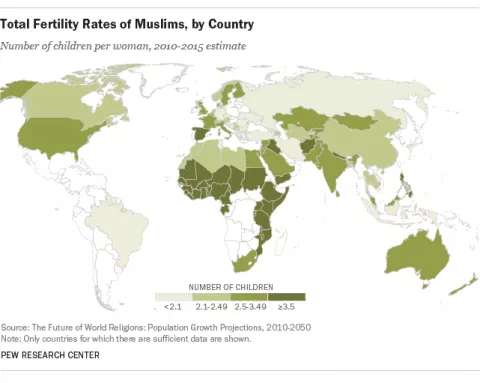
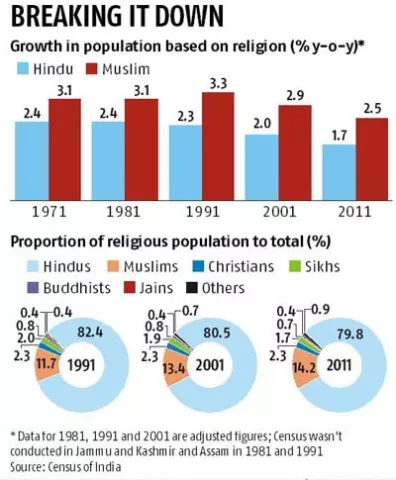
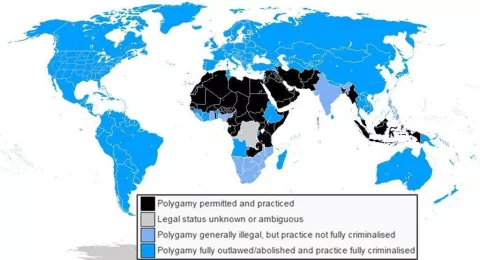
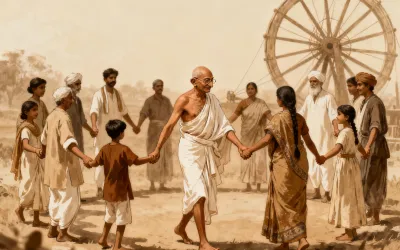

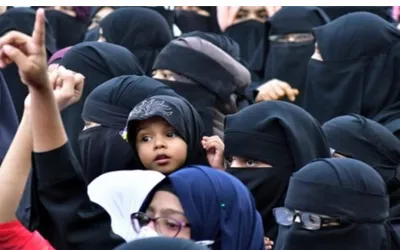




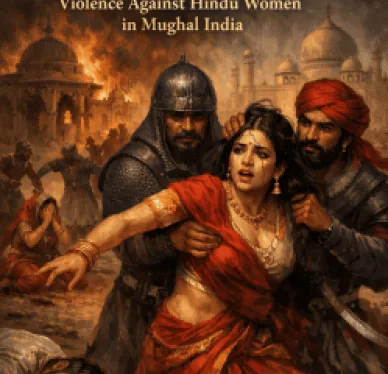
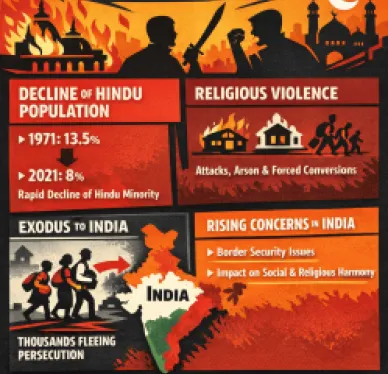

Comments
Add new comment